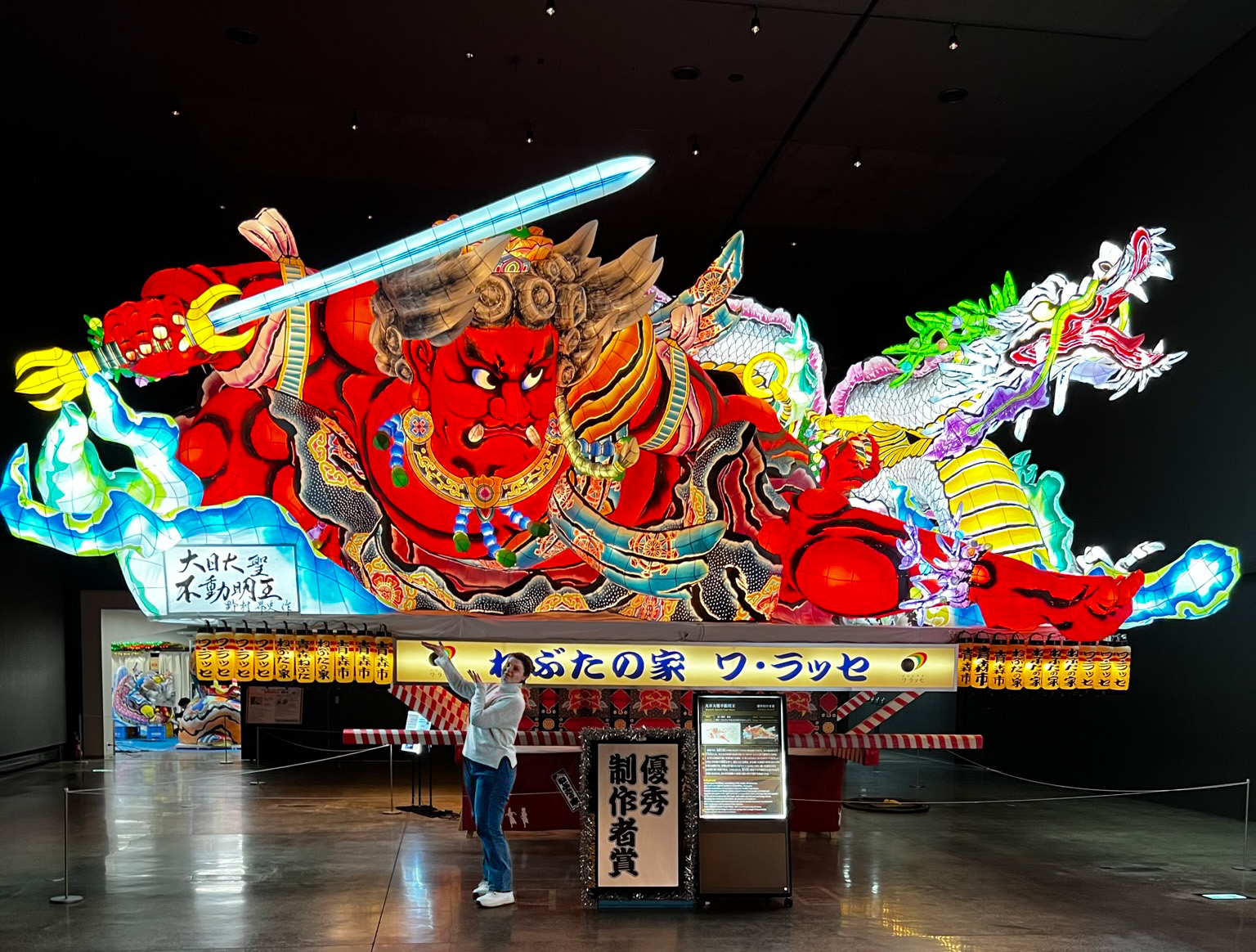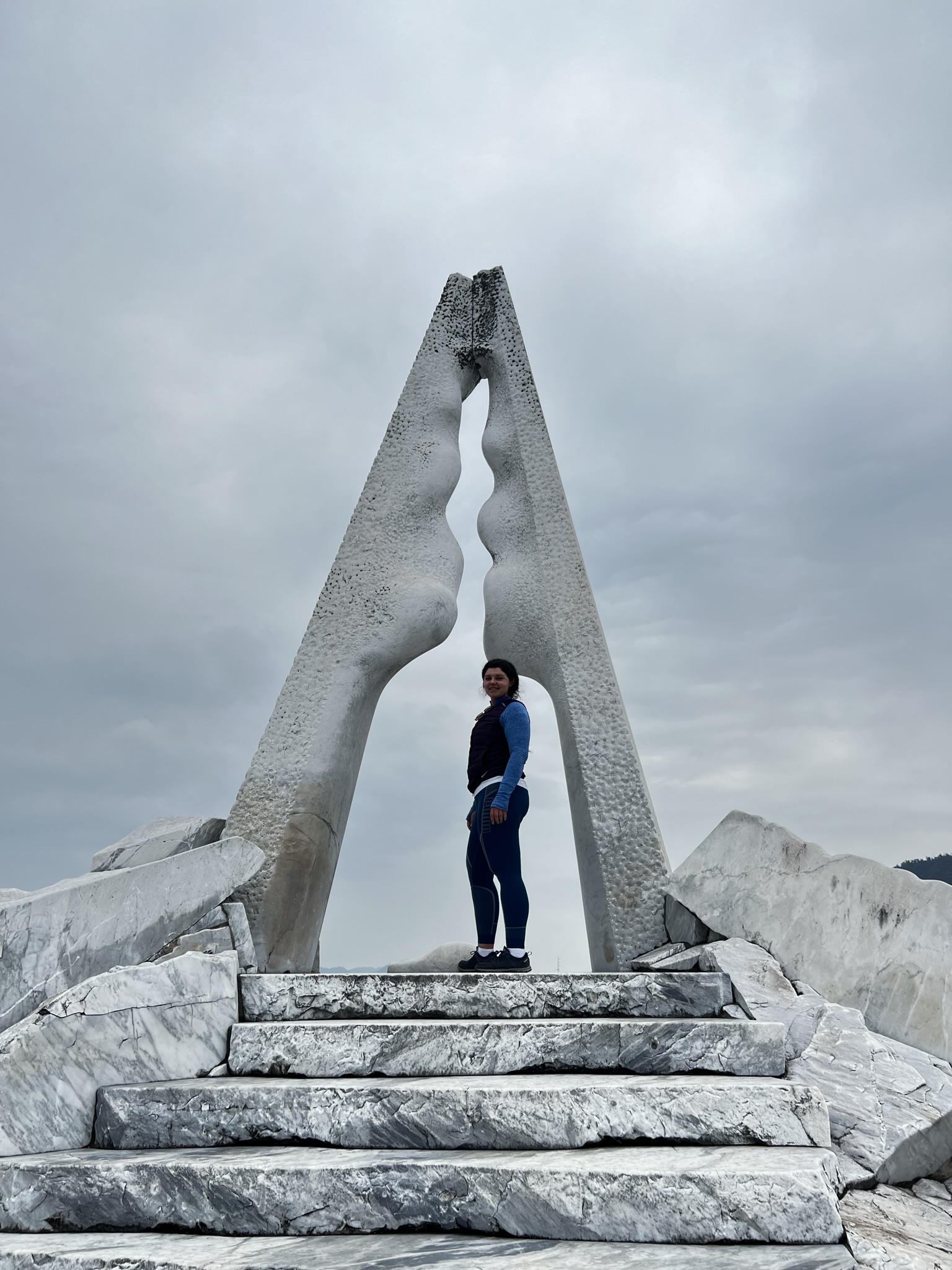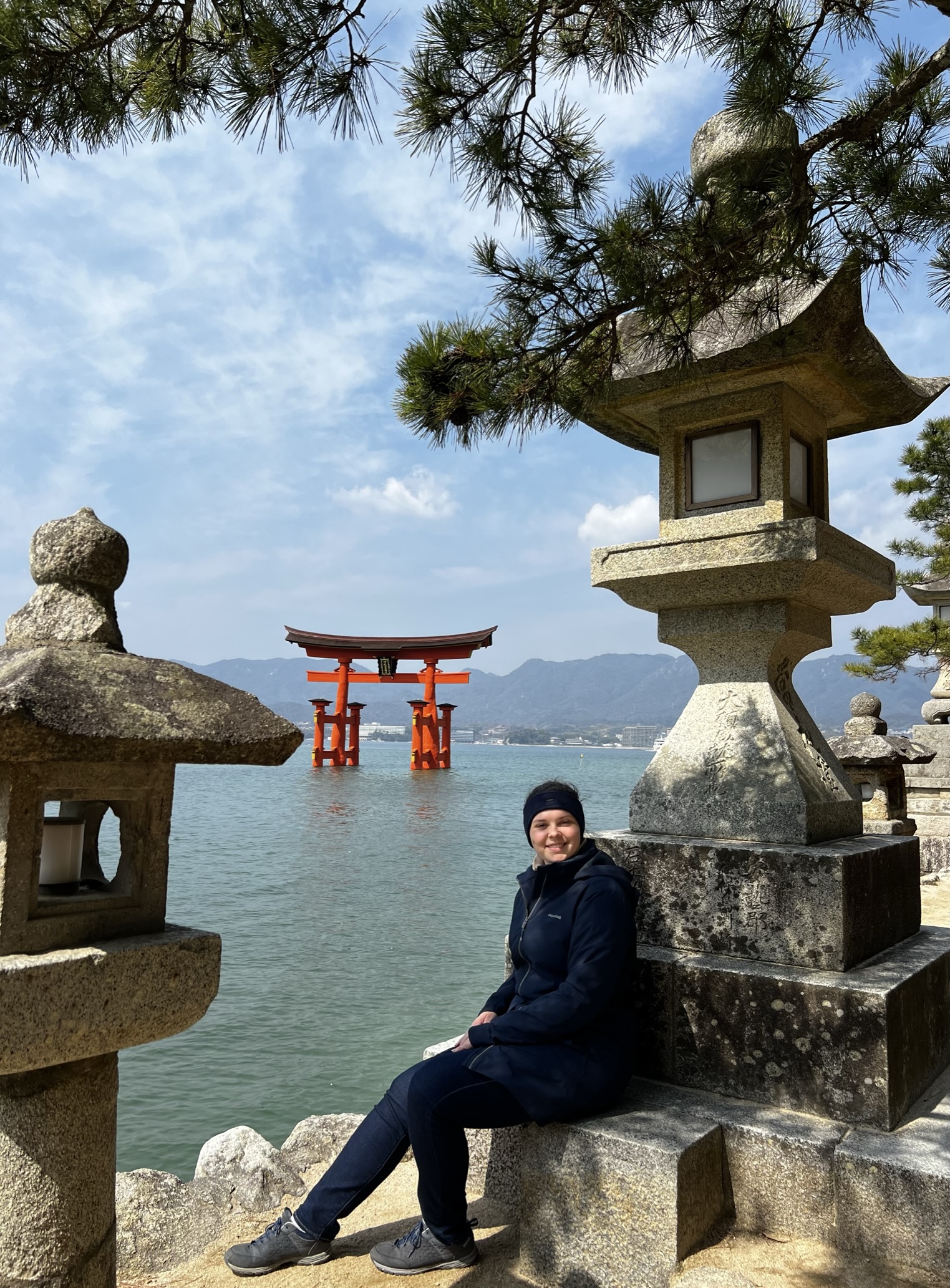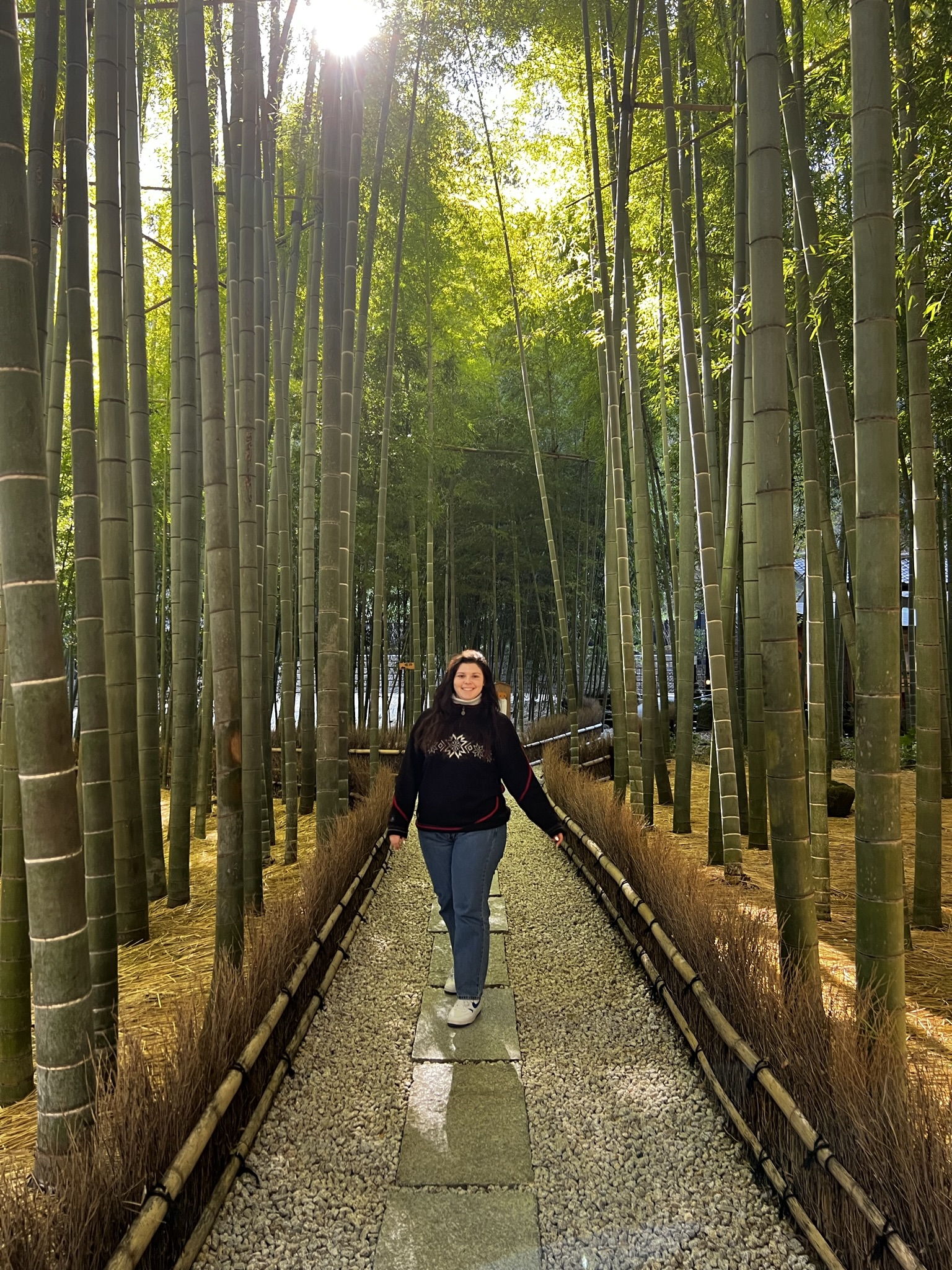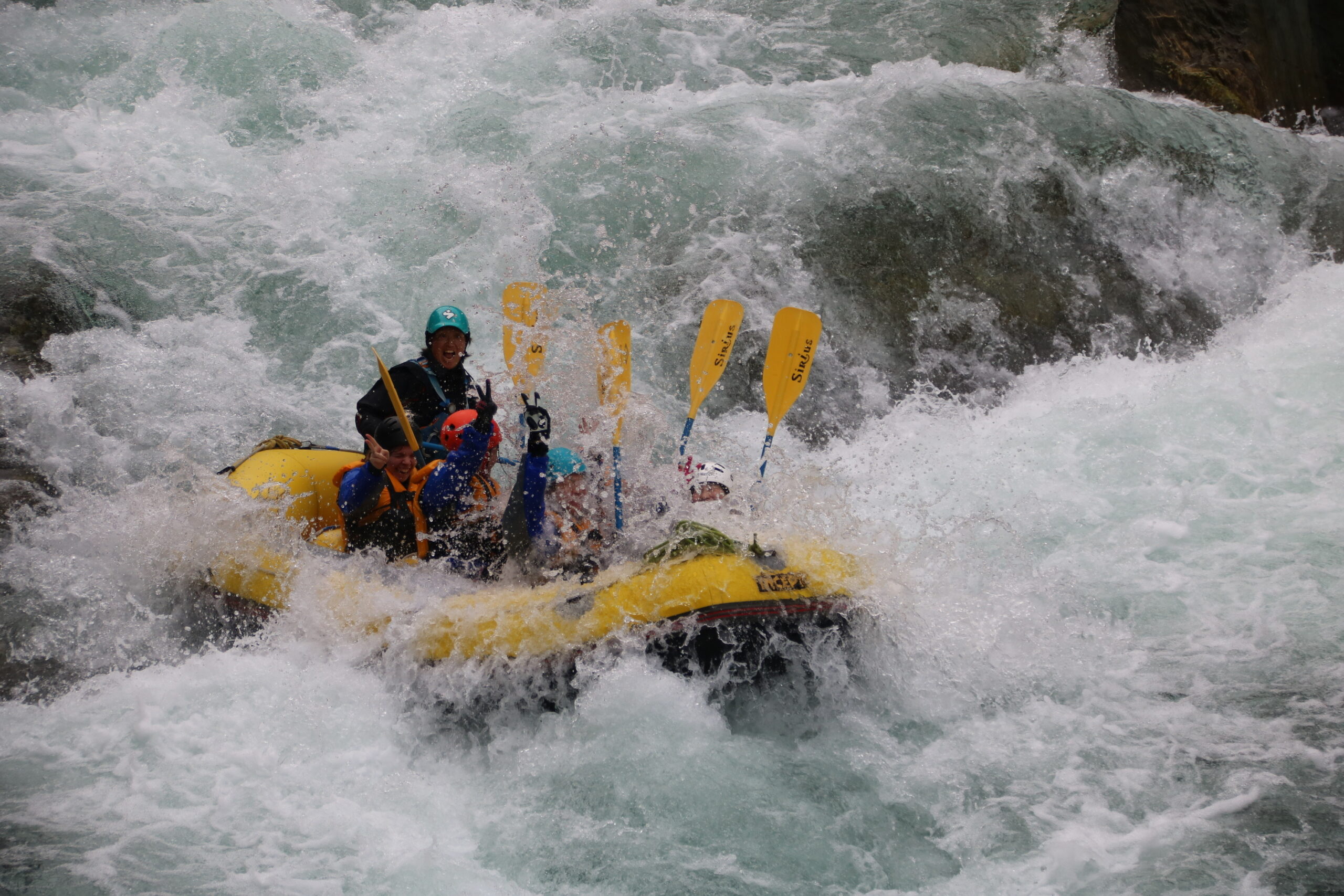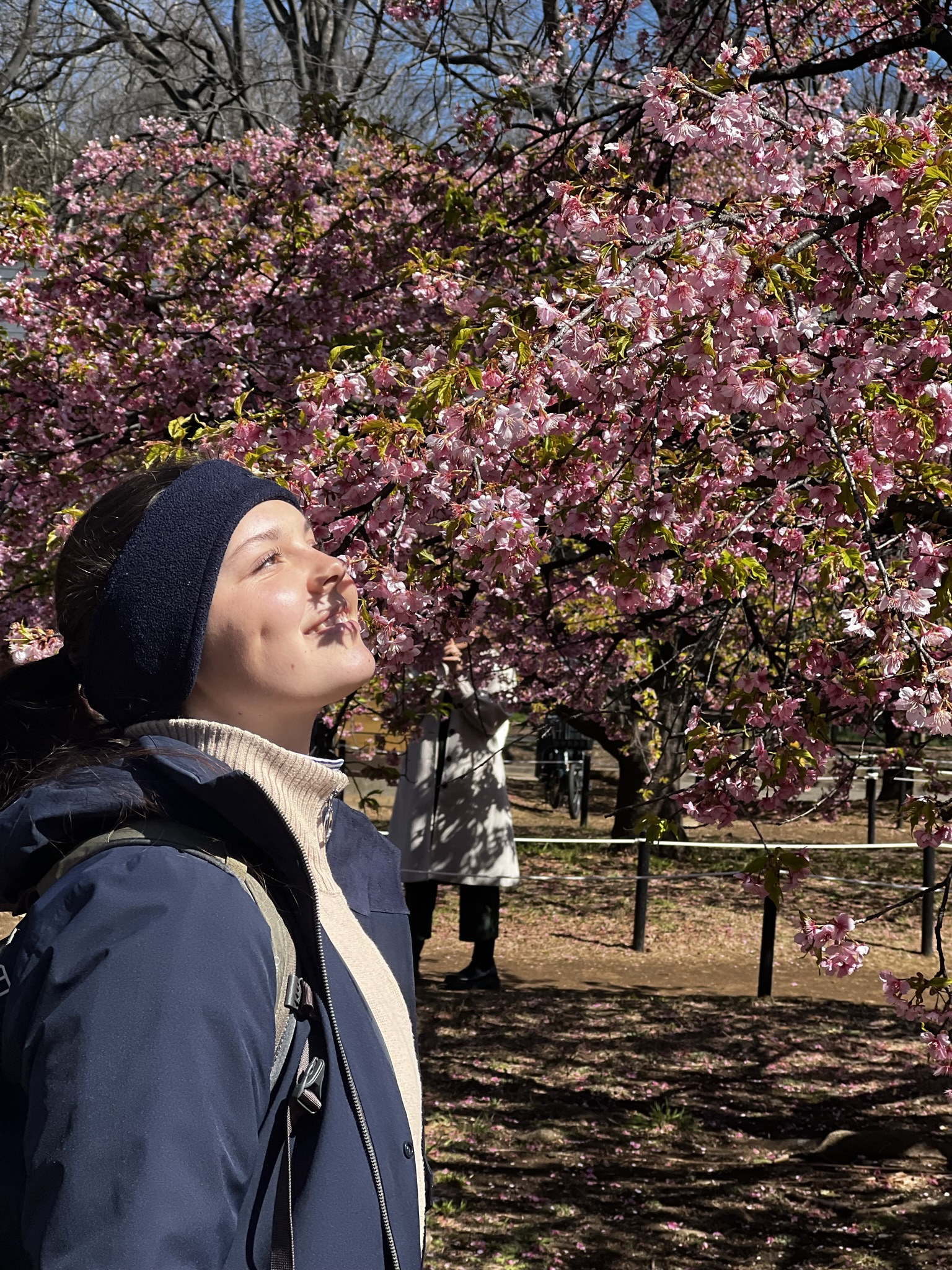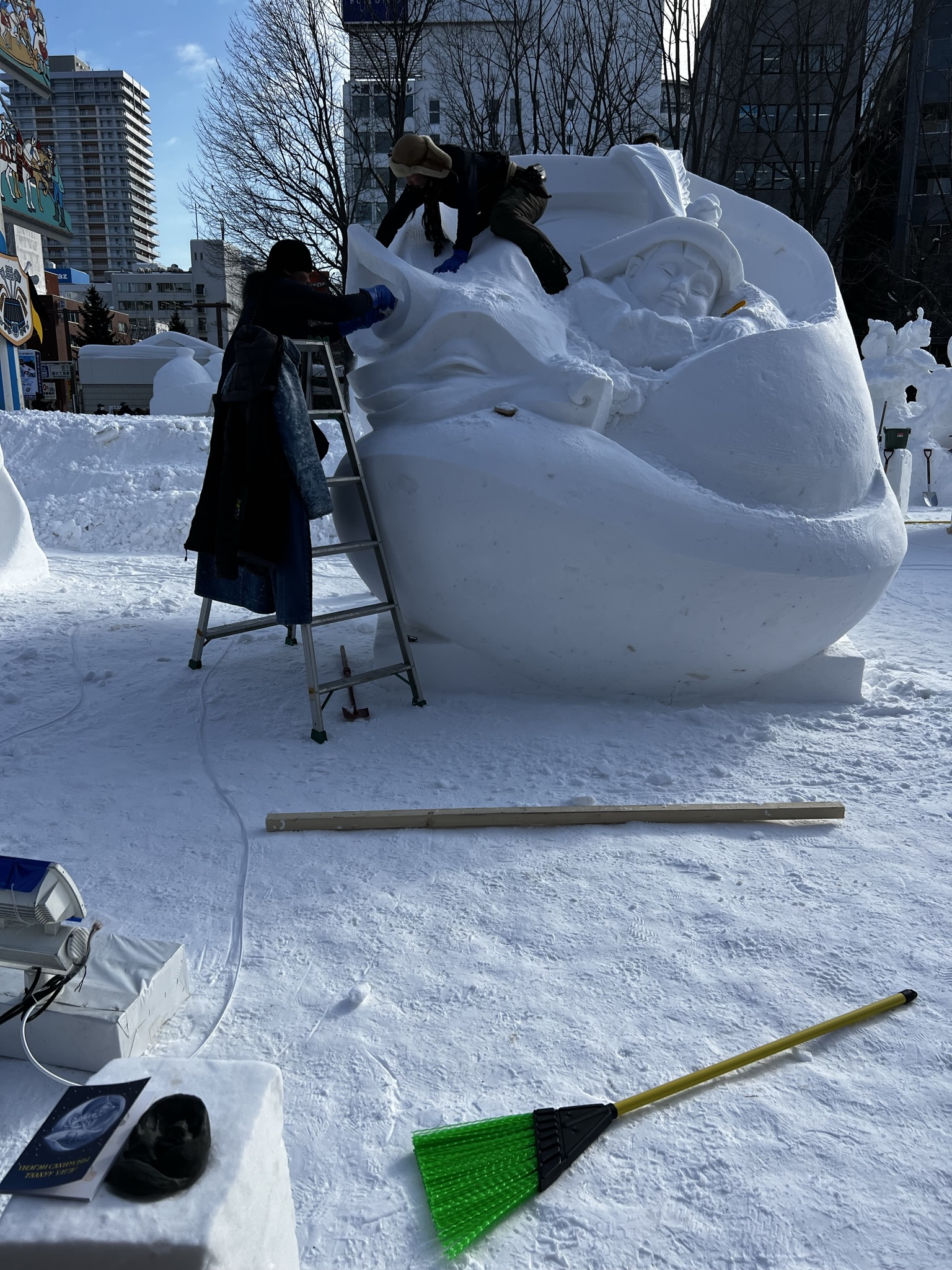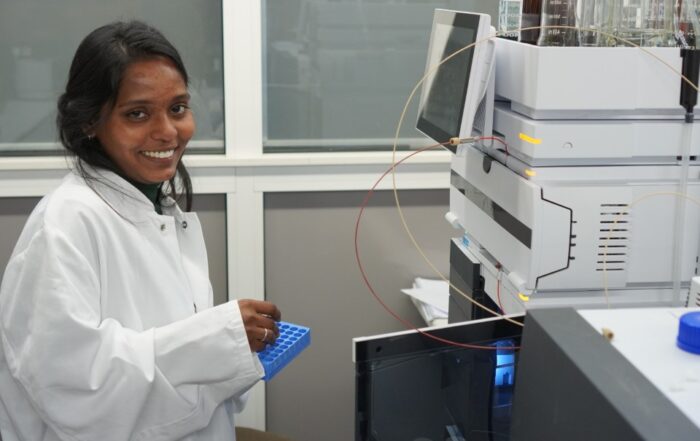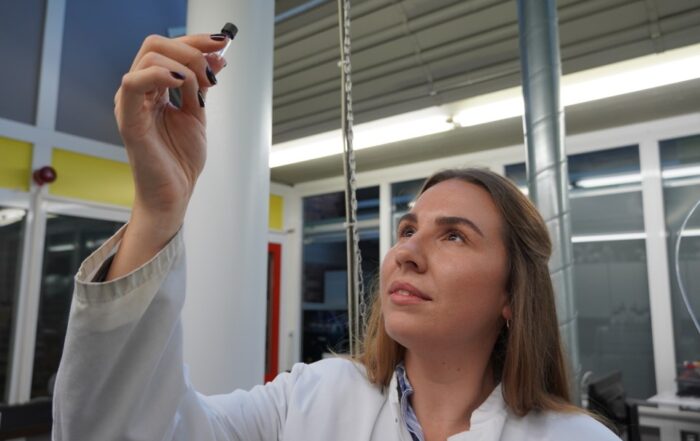17. May '24
from Natalie Schalk
During her second semester abroad in Tokyo, Coburg student Marie Stengel is once again gaining completely new experiences.
She gets to know the country, people and culture better and gains new professional perspectives: energy technologies, the topic that particularly interests her, are sometimes approached differently around the world – the world needs physicists who think outside the box.
This is what they learn on the Coburg Bachelor’s degree course “Emerging Technologies”, which always includes a year abroad. Generating electricity from the depths of the sea is not a very common method.
Especially not in Upper Franconia.
Nevertheless, student Marie Stengel has taken a closer look at it: She is studying “Emerging Technologies” at Coburg University of Applied Sciences, is currently completing her year abroad in Tokyo and is not only experiencing Japanese culture and lifestyle, but is also learning to cross professional boundaries.
In the “Material for Energies” course, she chose the marine thermal power plant as her topic.
“It’s fascinating, something completely different: a power plant that works with the temperature difference between the ocean layers.”
The water is icy at depth, but warm on the surface, especially in tropical regions such as Hawaii, where a test plant has been in operation for around 20 years.
Researchers in Japan are also working on the technology.
Ocean thermal energy conversion (OTEC) is the name given to the cycle of evaporation, cooling and liquefaction that drives a turbine in the OTEC power plant.
“This would be exciting for the Maldives, for example, where electricity is still generated using diesel generators,” explains the Coburg student with a view to global challenges.
“Of course, the technology also has disadvantages, especially in terms of the consequences for the ecosystem.”
In her fourth semester, however, Marie Stengel is first and foremost impressed by how many different methods there are in the world for generating energy.
She grins: “That’s just pretty cool!” That’s how individual physics is Marine thermal power stations, quantum mechanics and nuclear energy, nanotechnology and superconductors: some of the things Marie Stengel thinks are cool are also taught at Coburg University of Applied Sciences, but some are not.
This is not a problem.
On the contrary: students should have the opportunity to learn something different abroad, to broaden their horizons and to set individual priorities.
“In the first semester, they arrive here in Coburg. In the second, we have an orientation colloquium,” explains course director Prof. Dr. Ada Bäumner.
“That’s where we lay out a bit of a red thread as to how the course should progress. We have a wide range of options – but you have to get to know them first.”
In addition to the traditional subjects of mathematics, computer science, chemistry and physics, students can put together their own individual timetable from the third semester onwards.
This applies to the Bachelor’s degree course in Emerging Technologies in Coburg, where subjects from mechanical engineering, design or electrical engineering, for example, are also possible. Emerging Technologies is the internationally oriented branch of study of Future Technologies and those who opt for it spend the third and fourth semesters at one of the partner universities: the University of Shanghai for Science and Technology in China, the University of Twente in the Netherlands, the University of Winnipeg in Canada or the Shibaura Institute of Technology (SIT) in Japan’s capital Tokyo.
A cooperation was agreed with SIT just last year and Stengel is the first student from Coburg to spend her year abroad in Tokyo. The 25-year-old has been living in the largest city in the world since September, but also regularly exchanges ideas with the physics professors in Coburg.
She is currently on a video call with course director Prof. Dr. Ada Bäumner and Prof. Dr. Michael Wick, who has been responsible for international exchange for several years.
He has long headed the international Master’s degree course Analytical Instruments, Measurement and Sensor Technology (AIMS) at Coburg University of Applied Sciences and the Bachelor’s degree course Technical Physics – Engineering Physics, a sister course to Emerging Technologies.
When Stengel talks about her travels during the long semester break in Japan, Wick admits: “I’m a little envious.”
The student smiles.
She is enjoying her year abroad.
“Japan is a really fascinating country. You can find everything here.”
She talks about beautiful ice figures at the snow festival in Sapporo and the cherry blossom, the whimsical Kanamara festival in honor of the phallus in Kawasaki and the Bavarian beer-filled Oktoberfest in Yokohama.
“I am really very grateful that I had the chance to come here. Internationally networked Marie Stengel received a scholarship from the Bavarian State Ministry of Science and the Arts via the International Office at Coburg University of Applied Sciences and, thanks to the cooperation, she does not have to pay the high tuition fees that are customary at SIT.
On site in Tokyo, the partner university also helped her to make contact with the other international students.
They come from America, France, Italy, Thailand, India, the Czech Republic … and they all speak English – each in their own way.
For the Japanese, it sounds different because they use the sounds “r” and “l”, which sound so different to us Germans, identically.
“With a word like Marylin, they either pronounce both as ‘r’ or both as ‘l’.”
Stengel laughs: “It was a real shock at first. But you get used to it. Over time, you learn to understand everyone.”
Along the way, she acquires what is called “intercultural competence” during her studies.
An understanding of other cultures and a fresh perspective on her own.
“In all my time in Japan, I never heard anyone shouting. No people arguing, it’s quiet on the train and a bus driver would never drive off before everyone was seated. As a woman traveling alone, I didn’t have a single unpleasant situation. The whole population treats each other so respectfully, compared to that we’re pretty – “, she doesn’t finish the sentence, just shakes her head.
She doesn’t yet know exactly what the future holds for her in Germany, in Coburg.
“It’s clear to me that basic research in physics is not my thing. Something more application-oriented.”
Probably in the field of energy.
She is interested in nuclear physics, one of the subjects that Prof. Wick teaches at the Faculty of Applied Natural Sciences and Health, but also in the large field of renewable energies, which the neighboring Faculty of Electrical Engineering and Computer Science deals with. If she continues to be enthusiastic about ocean thermal energy conversion (OTEC), she may find the best input in Coburg at the Faculty of Mechanical and Automotive Engineering, which also deals with fluid dynamics.
All of this is possible.
“You just need a bit of creativity, a bit of flexibility,” says Prof. Bäumner.
The course also teaches this – and perhaps it is the most important thing that physicists need to learn for the topics of the 21st century.


